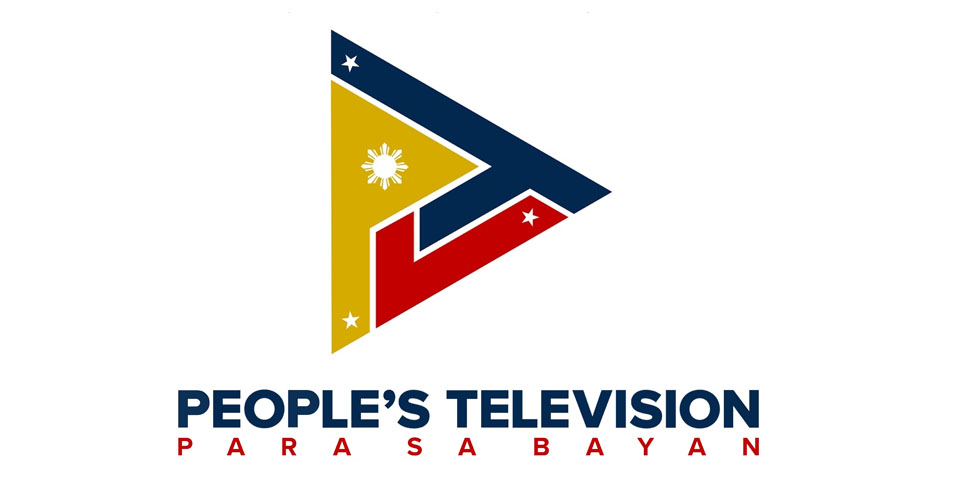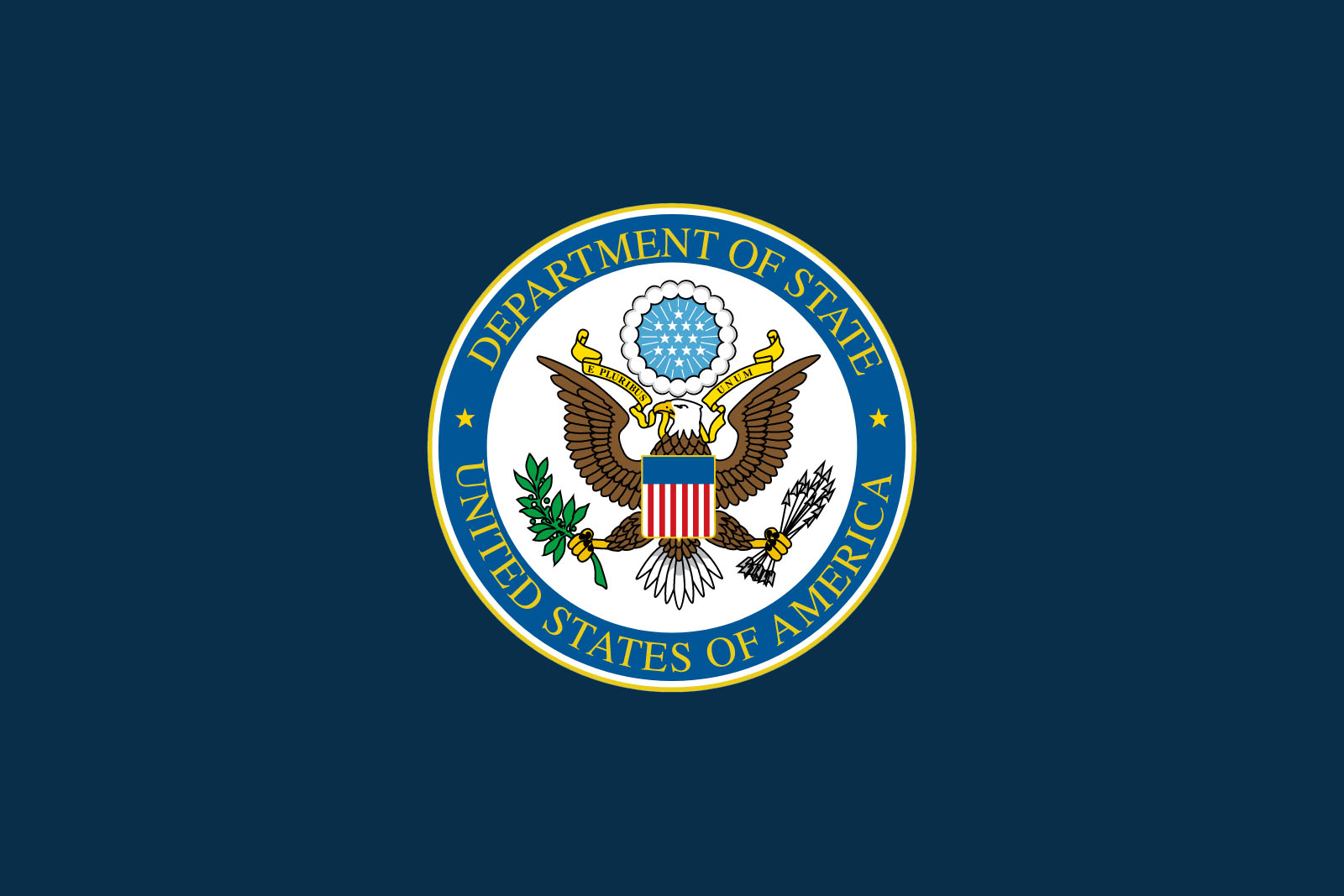Source: YOUTUBE
MANILA, Philippines — The US government has given a local telco company a P118-million grant to be used for a pilot project and feasibility study aimed at developing a “reliable and secure” 5G network in the country.
The technical assistance extended by the US Trade and Development Agency to NOW Telecom was formalized during the recent Philippine visit of US Assistant Secretary of State Daniel Kritenbrink.
According to the US Embassy, the grant will establish a 5G pilot network at multiple sites in the National Capital Region, which will be used to evaluate network performance, test cases of 5G usage and gather data for a larger deployment.
The agreement was one of the deals finalized during the visit by US Vice President Kamala Harris to the country in November last year.
Unsuccessful Bid
Kritenbrink said the grant was further proof of Washington’s commitment to a longtime ally not just on matters of security but also in economic development. US-Philippine relations, he said, have been on “hyperdrive.’
For the study, NOW Telecom is tapping the New Jersey-based Bells Labs Consulting, a part of Bell Labs, the research arm of Nokia, the embassy said in a statement.
Formerly known as Infocom Communications Network Inc., NOW Telco was one of the companies that aspired to be the third major telecommunications service provider in the country—after Smart and Globe—but lost in the bidding for the slot in 2018.
That same year, the company secured an extension of its congressional franchise to build and operate a telecommunications network until 2043.
In 2019, it announced its entry into the 5G market, promising users internet speeds of up to 20 gigabits per second.
Complaint at NTC
The NOW Group is headed by its founder and chair Mel Velarde, with Francis Xavier Manglapus as vice chair.In 2022, the National Telecommunications Commission (NTC) received a complaint against NOW Telecom accusing the company of having “miserably failed to provide internet service in [the complainants’] locality despite enjoying the radio frequency assigned to it by the state.”
In April 2022, the NTC was sued by Emerald Investments, Inc., a NOW shareholder, at the Commission on Elections for conducting a hearing on the complaint during an election period.
Low Regional Ranking
Emerald Investments argued that the NTC hearing violated Section 6.4 of the Fair Elections Act, which prohibits the cancellation or suspension of a legislative franchise during such period.
The Philippines remains a laggard in terms of internet download and upload speeds in the Asia-Pacific region.
Based on an August 2022 study by independent analytics company OpenSignal, Metro Manila placed eighth in 5G download speed—at 150.7 megabits per second (Mbps)—out of the 11 cities.
Seoul and Kuala Lumpur topped the list with download speeds of 453.1 Mbps and 376.6 Mbps, respectively.
In terms of 5G video experience, the capital region scored 71.6, placing it on the 8th spot.
It ranked last in 5G games experience, with a score of 66.6.
SOURCE: TECHNOLOGY INQUIRER

[DISPLAY_ULTIMATE_SOCIAL_ICONS]
Need robust connectivity for your office?

JOINT STATEMENT
20 January 2023 — Senior Philippine and U.S. foreign affairs and defense officials convened in Manila on 19-20 January 2023 for the 10th Philippines-United States Bilateral Strategic Dialogue (BSD). First held in 2011, the BSD serves as the main annual platform for our two countries to discuss the full range of political, security, and economic cooperation, exchange views on current challenges and strategic priorities, and identify new collaborative initiatives at the working group and senior officials’ levels.
Recalling the Joint Vision for a 21st Century United States-Philippines Partnership that was adopted at the 9th BSD in Washington DC in November 2021, both sides welcomed developments over the past year that reaffirmed their commitment to the Alliance and partnership. High-level engagements, including between the Presidents and Cabinet Secretaries of both sides, have increased under the assumption of the administration of Philippine President Marcos, giving important momentum to bilateral ties and demonstrating the resounding interest of both sides to work together to realize peace and prosperity for the peoples of both countries.
During the 10th BSD, the Philippines and the United States determined to pursue cooperation in the following areas:
Cultivating A Stronger Partnership. The Philippines and the United States underscored the importance of regular and sustained dialogue at both the policy and operational levels to ensure cooperation on issues of mutual interest and concern. To this end, both sides:
- Renewed their commitment to bringing together their Defense and Foreign Ministers this year in the Two-Plus-Two Ministerial Dialogue format. This year’s Dialogue will be the third such meeting following the earlier meetings in 2012 and 2016.
- Committed to continue discussions towards the adoption of Terms of Reference to further strengthen and institutionalize the BSD Working Groups and Area/Sector-Specific Sub- Working Groups that would facilitate focused and sustained interagency coordination, planning, and implementation of action plans in high priority areas. The Defense Co- Chairs likewise plan to consider establishing a bilateral Defense Security Dialogue to complement the work of the BSD and support the Alliance.
- Acknowledged the need to convene more regularly the Trade and Investment Framework Agreement (TIFA) Meetings to discuss the full range of our economic relationship, including expanded trade.
- Emphasized the need to continue to strengthen consular services, acknowledging that people-to-people ties between our two countries are a pillar of our strong bilateral relationship.
Cementing An Enduring Alliance. The Philippines and the United States reiterated the importance of the security alliance and shared commitments under the Mutual Defense Treaty (MDT) to promote a peaceful, stable, and enabling environment for our economies to thrive amidst geopolitical challenges in the region. To invigorate defense and security cooperation and ensure the Alliance adapts effectively to face new and emerging challenges, both sides decided:
- To hold its 2nd policy-centric tabletop exercise (TTX) by the end of the 2nd quarter of 2023. The TTX allows officials on both sides to plan ahead for and ensure more coordinated responses to potential flashpoints.
- To share information within the framework of the 2004 Memorandum of Agreement between the PH Department of National Defense and the U.S. Department of Defense Concerning Communications Interoperability and Security (CISMOA), while prioritizing the conclusion of a General Security of Military Information Agreement (GSOMIA) by the end of 2023. This will streamline technology transfer for required capabilities, and ultimately improve interoperability.
- To fully implement the PH-U.S. Enhanced Defense Cooperation Agreement (EDCA) through the expedited completion of projects in existing Agreed Locations and finalizing procedures for the adoption of additional Agreed Locations.
- To develop a Security Sector Assistance Roadmap for defense modernization.
Promoting An International Law-Based Maritime Order. Reiterating the importance of maintaining and promoting an international law-based maritime order in the South China Sea, in accordance with UNCLOS and the 2016 Arbitral Tribunal decision, and recognizing the value of an integrated and comprehensive approach to addressing maritime issues, the Philippines and United States plan to convene this year the 2nd Maritime Dialogue, which will build on the outcomes of the inaugural Dialogue held in Manila in April 2022. The United States will serve as host of the 2nd Maritime Dialogue, along with a Track 1.5 discussion to provide a more inclusive platform for sharing and socializing ideas and recommendations among academic and other stakeholders.
The Philippines welcomed the offer of the United States to hold regular consultations with a view to identifying joint maritime activities that the two countries can undertake.
Preparing For and Responding to Emerging Threats. In keeping with their commitment to enhance cooperation in the face of new and emerging threats, the Philippines and the United States committed to:
- Completing a full assessment of the cyber threat landscape in the Philippines, and establishing next steps to counter cyber threats;
- Exploring possible cooperation on space situational awareness; and
- Continuing discussions for the establishment of a multi-stakeholder Democracy Dialogue as a platform to institutionalize discussions on human rights and democracy issues. Among its objectives, the Dialogue aims to identify initiatives that can be pursued jointly to complement national efforts on the promotion and protection of human rights and advancement of good governance, the Summit for Democracy, and the UN Joint Programme in safeguarding and upholding our shared values and principles.
Advancing Our Common Prosperity, Protecting Our Shared Planet. Both sides underscored the importance of ensuring that the partnership works for the benefit of our peoples and future generations. To this end, the Philippines and the United States committed to prioritize efforts to lay the groundwork for civil nuclear energy cooperation including close coordination throughout the 123 Agreement negotiation process, to broaden dialogue and cooperation on clean energy transition, and deepen our cooperation through the Indo-Pacific Economic Framework and Asia- Pacific Economic Cooperation (APEC).
The Philippines and the United States committed to cooperate on high-quality, private sector-led infrastructure investment as a means of supporting economic growth and enhancing connectivity in the Philippines. They discussed U.S. efforts through the Partnership for Global Infrastructure Investment (PGII), the Blue Dot Network, and Transaction Advisory Fund (TAF); highlighted Subic Bay as a priority; and agreed to invite likeminded countries to partner on key infrastructure projects across the Philippines.
Both sides also committed to continue the dialogue on how to further collaborate on supply chains, including on semiconductors and green metals processing through, among others, mobilizing investments, technology transfer or adaptation, capacity building, and complementation of value chains.
The 10th BSD culminated in the announcement of a U.S. Trade and Development Agency (USTDA)/Nokia/NOW Telecom Grant that would advance 5G connectivity in the Philippines.
SOURCE: US EMBASSY
[DISPLAY_ULTIMATE_SOCIAL_ICONS]